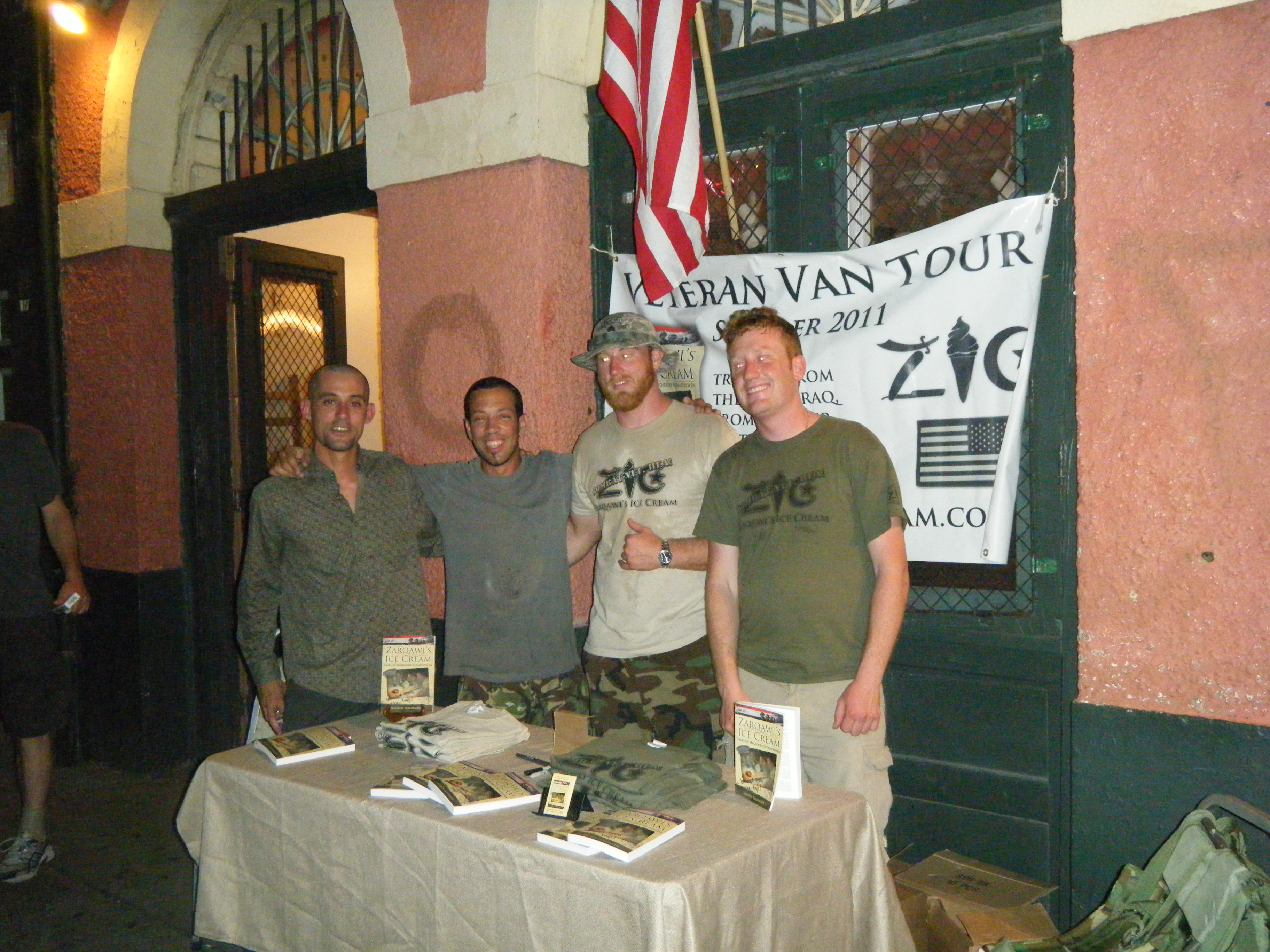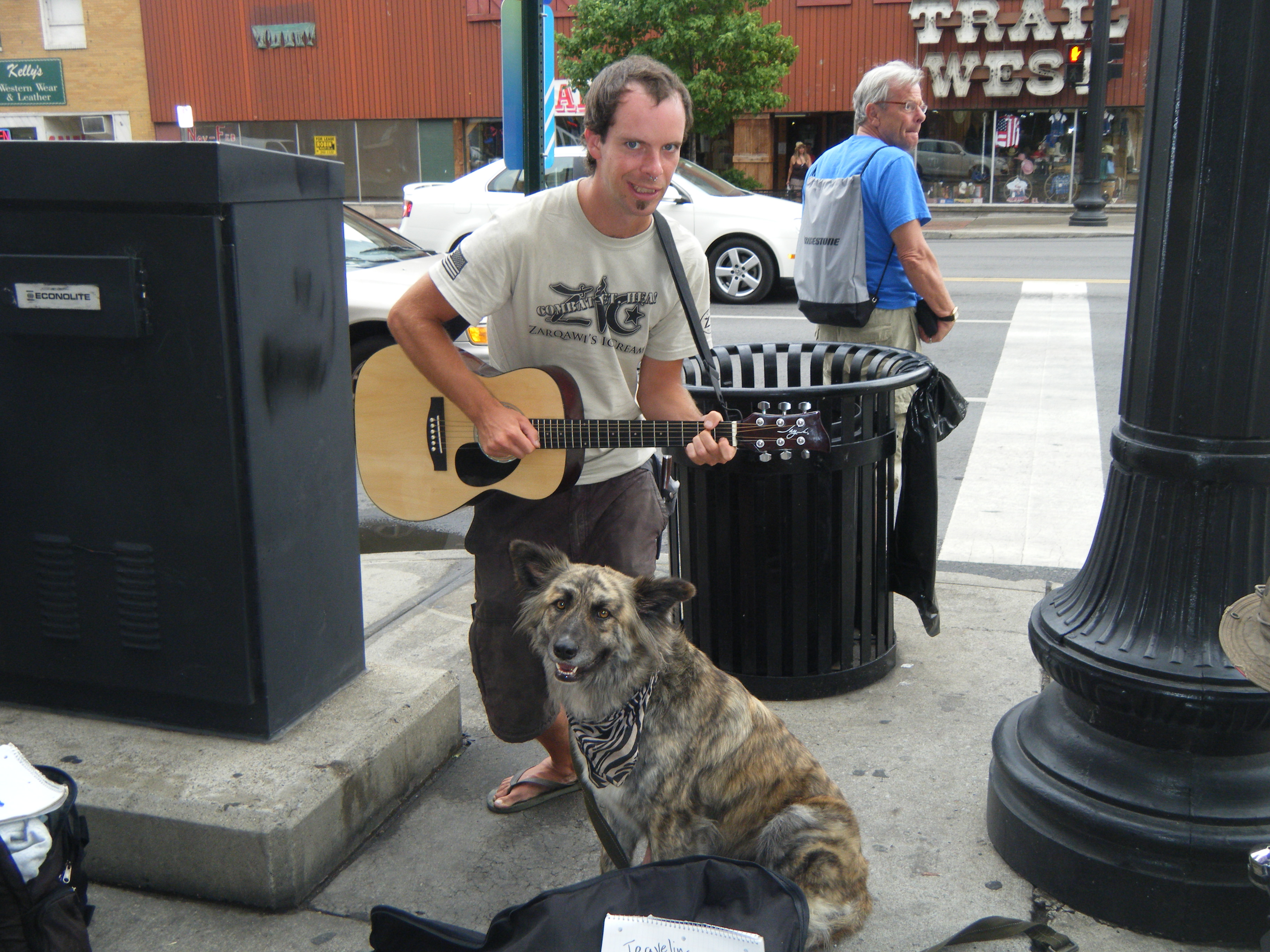President Obama announced that all American troops
will be withdrawn from Iraq by the end of the year. After close to nine years
in the Fertile Crescent, America’s armies are coming home. Contractors and
“military advisors” will remain, but our military adventures in Iraq will
officially come to a close. What does it all mean?
Everyone likes body counts, so simple and neat. I’ll paraphrase Stalin; a single death
is a tragedy, a million a statistic. Almost 4,500 of my brothers and sisters
have died in Mesopotamia, over 100,000 Iraqis, most of them civilians. And
money, money matters. The total cost of the war has been tagged at around $700
billion dollars. Millions of Iraqis have been displaced from their homes,
thousands of American families have lost a son or daughter or father or wife,
thousands and thousands of veterans are “fucked-up” in the head . . . but these
numbers tell us nothing. What does it all mean?
I’m not qualified to speak for the nation, for the world, or for history; I can
only speak for myself. I flew out of the Middle East on Valentine’s Day 2009. I
haven’t been back since, but I took a part of it with me. Not a single day goes
by I don’t think about the people, experiences, and lessons I learned in that
ancient country. Did I have to go over there? Did I have to enlist myself in
the Army at nineteen and spend two years in a hostile combat zone? Absolutely
not, I made a choice.
I made a choice, a leap into the Army and into war-torn Iraq. I was young and
optimistic and strong. Our country made a choice, and by extension all of us.
America leaped into the war, proud and optimistic and strong. In the Army I
experienced triumph and struggle and regret. In Iraq our country experienced
triumph and struggle and regret. I have blood on my hands; my country has blood
on its hands. We’ve all made choices.
And we continue to make choices, each and every one of us. I can choose to feel
sorry for myself, demand things as a veteran, and keep my mouth shut like most
of you want me to, but I don’t. I know that my experiences in the Army and Iraq
have me a stronger, better, wiser person; I have no apologies. America can
leave Iraq and feel sorry for itself. We can bitch and moan about “China” and
the “Economy” and sink helplessly into mediocrity; but it’s not inevitable,
that too is a choice. So why not make better choices, harder choices, choices
worthy of a country I fought for called “America.” No apologies.
I’m proud to have participated in America’s last imperialist war. Barring some
future surge of national strength or militaristic right-wing government, future
conflicts will be humanitarian in nature, us coming to the aid of an ally,
precision retaliatory strikes, or defense against foreign armies. We won’t have
the luxury of choice. War will be demanded of us, war will overtake us. In a
time of strength, which many now argue has past, the best defense was a good
offense. We’ll never know how many people may have suffered and died in our own
country were it not for the wars in Afghanistan and Iraq. If we stood by and
did nothing, how many more planes would have flown into our towers? What if
they just kept coming? How many of our own children would have died in their
homes not knowing life? Soldiers are strong and we know the game. We choose to
fight the enemies of America on their soil, on our terms, and if there isn’t
something to be admired in this I don’t know what is. We bleed and suffer and
live with the consequences of our actions for the rest of our lives so that the
rest of you can plead innocence and go on with “normal” life. We can’t hate you
for it, as long as you recognize what we’ve done.
The Iraq War is over, but don’t let it be forgotten. There’s a war still going on,
it’s in a country called Afghanistan, and it’s more important than anyone
realizes. Don’t forget about the soldiers who gave their lives, their limbs,
and their sanity to the cause. Don’t forget the dead Iraqis, good people who
only wanted to live their lives in peace with their families. Don’t forget how
strong of a people we are, how much we have to offer this world. Forget and you
admit defeat, forget and it was all for nothing.
Don’t forget us.



